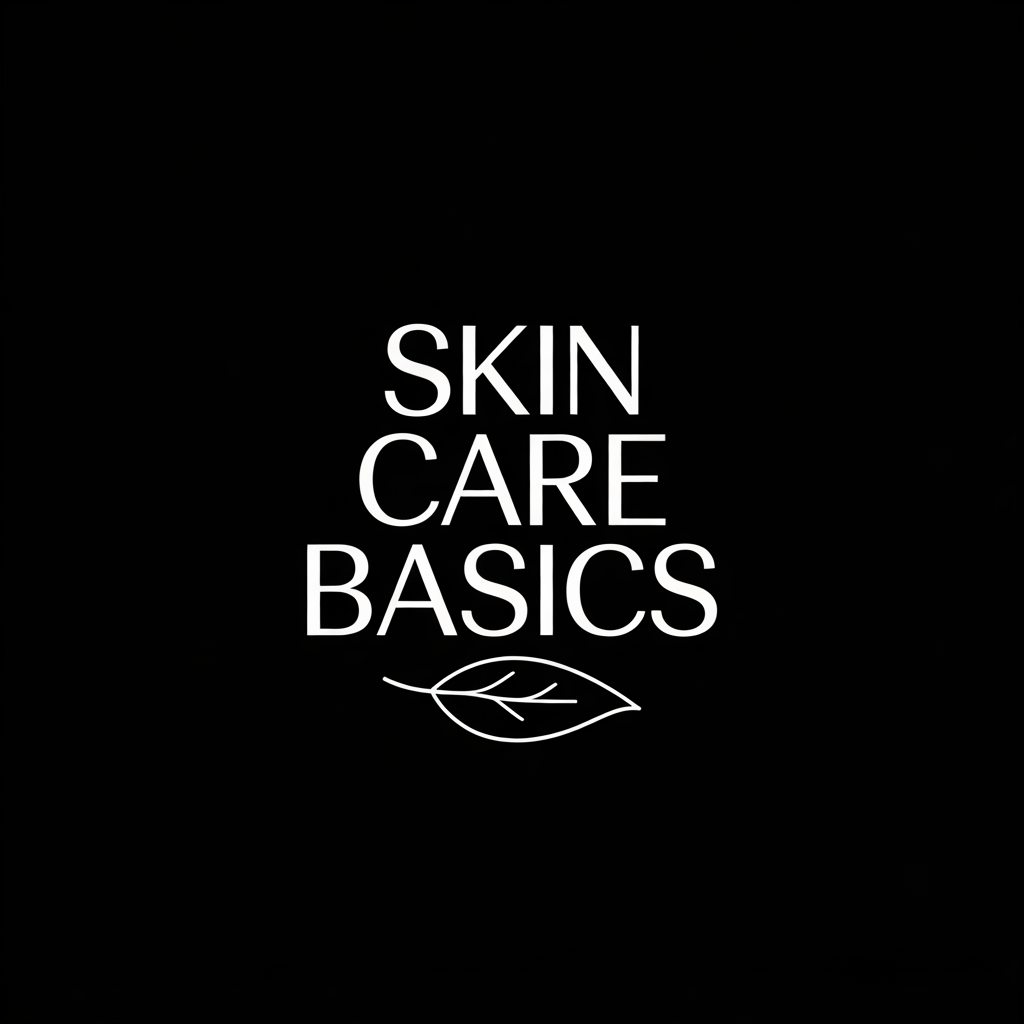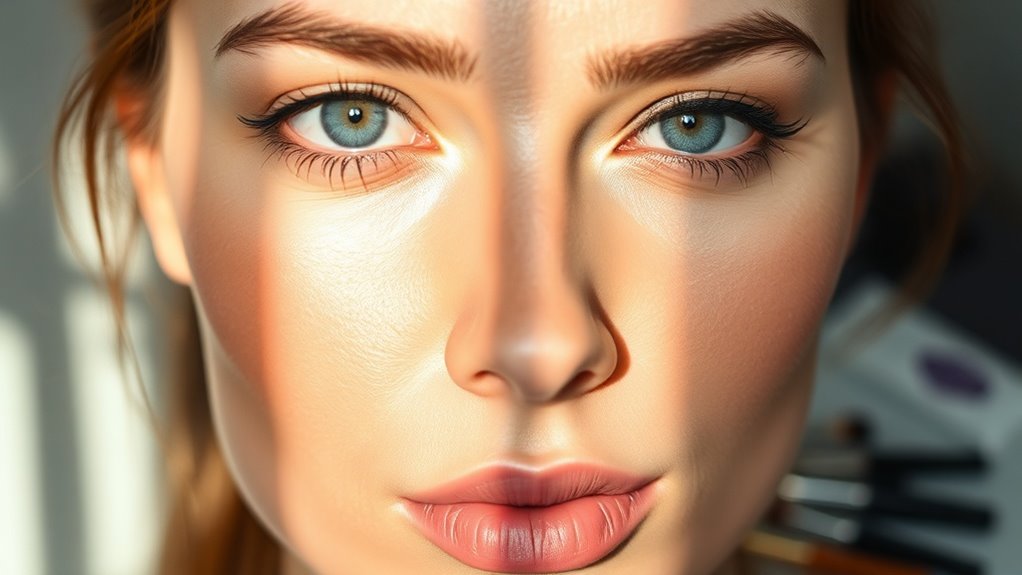How Sleeping With Makeup Affects Your Skin
Sleeping with makeup on isn’t just a bad habit; it can seriously harm your skin. When you skip makeup removal, you trap dirt, dead skin cells, and bacteria in your pores, leading to breakouts. This interference with your skin’s natural processes can accelerate aging, leaving you with fine lines and a dull complexion. Understanding the consequences is vital. What can you do to protect your skin overnight?
Impact on Pore Health
When you sleep with makeup on, your pores can suffer significant consequences. The ingredients in makeup can clog pores, preventing them from breathing and leading to an accumulation of dead skin cells, dirt, and bacteria. This obstruction disrupts your skin’s natural oil balance, impairing its ability to renew itself overnight. Over time, this can lead to duller, less radiant skin. Additionally, overcleansing strips essential oils, which can exacerbate these issues if you do not cleanse properly.
Risk of Breakouts and Acne
Although it may seem harmless to fall asleep with your makeup on, doing so significantly increases your risk of breakouts and acne.
Makeup can clog pores, trapping oil and bacteria against your skin. This environment promotes inflammation and pimple formation.
Additionally, failing to cleanse your skin prevents the removal of dead cells, further exacerbating the problem and leading to skin irritations and blemishes. Understanding hormonal impacts may also help in effective acne management if makeup usage interferes with your skin’s natural balance.
Acceleration of Aging Process
Neglecting to remove your makeup before bed can significantly accelerate the aging process of your skin.
This habit leads to a range of damaging effects, including:
- Decreased collagen production
- Increased formation of fine lines and wrinkles
- Impaired skin barrier function
- Premature loss of elasticity
Each of these factors contributes to a dull, aged appearance, making proper nightly skincare essential for youthful, healthy skin. Additionally, sun exposure can further exacerbate these effects, leading to more pronounced wrinkles and skin damage over time.
Effects on Skin Hydration
Sleeping with makeup on not only clogs pores but also compromises your skin’s hydration levels.
When you don’t cleanse your skin, makeup forms a barrier that prevents moisture absorption. This leads to dryness, making your skin appear dull and flaky.
Additionally, dehydration can weaken your skin’s natural barrier, increasing the risk of irritation and environmental damage, ultimately affecting your skin’s overall health. Proper cleansing is essential for achieving healthy hydration levels that promote glowing skin.
Importance of Proper Makeup Removal
Proper makeup removal plays a vital role in maintaining skin health. It helps prevent clogged pores, reduces the risk of acne, promotes skin regeneration, and enhances overall appearance.
When you remove your makeup thoroughly, you’re allowing your skin to breathe and rejuvenate overnight. Additionally, incorporating double cleansing into your routine can significantly improve the effectiveness of makeup removal, ensuring your skin remains clear and radiant.
- Prevents clogged pores
- Reduces risk of breakouts
- Promotes skin regeneration
- Enhances overall appearance
Tips for Nighttime Skincare Routine
To ensure your skin remains healthy and vibrant, establishing an effective nighttime skincare routine is crucial.
Start by thoroughly cleansing your face to remove impurities.
Follow with a targeted treatment, such as retinol or serums.
Hydrate your skin with a nourishing moisturizer, and consider using eye cream to address puffiness or dark circles.
Consistency in this routine promotes optimal skin regeneration overnight.

